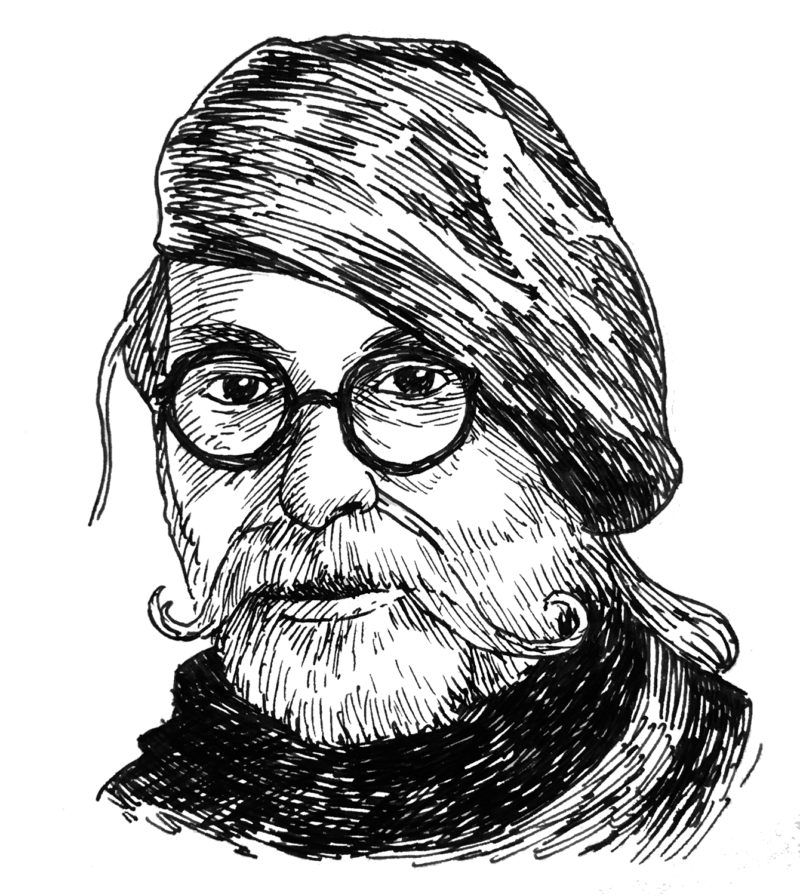Stephen Harrod Buhner is a generalist, a scholar of all things, both human and not. He is best known as a writer, but I first came to his work through his talks, which take the shape of digressive odysseys led by a relentlessly curious mind. A typical Buhner talk begins with the subject of plants, then uses botany as a language for discussing medicine, poetry, woodworking, perception, ecology, diet, psychology, intoxication, mythology, and other subjects he seems to casually command. He is a self-
proclaimed “polymath,” and the bio on his website chronicles his reading practice: “30,000 books so far, 50,000 or so scientific journal articles, and hundreds of thousands of articles.”
Buhner has also written twenty-three books and many shorter works, which approach plant-derived medicine both from the rigorous scientific method, in which he isolates alkaloids and phytonutrients, and from traditional indigenous perspectives, in which whole plants are considered as life forms. His Herbal Antivirals: Natural Remedies for Emerging and Resistant Viral Infections, for example, is a dense reference manual, while Plant Intelligence and the Imaginal Realm: Beyond the Doors of Perception into the Dreaming of Earth is an expansive philosophical work that freely intermixes memoir, anecdote, and a cross-cultural belief in animism.
From the outside, Buhner’s two approaches may appear to stand in conflict with each other, but like other great aggregate thinkers, he sees past superficial contradictions and reveals networks of collective knowledge. Across his work, one of his primary projects is defining “the feeling sense,” a mode of perception outside of intellectualism, which he uses in his own writing and discusses at length in his book Ensouling Language: On the Art of Nonfiction and the Writer’s Life.
By trade, Buhner has spent most of his life as an herbalist. Today, his protocols are widely used, especially by those suffering from chronic Lyme disease, a condition that often cannot be adequately treated by Western, allopathic medicine. A few years ago, I spent a season working with Buhner, attempting to treat an unknown stubborn malady I’d been enduring for years. Until then, I’d found no relief through the pharmaceutical route, and after hearing his talks and reading his work, I reached out for his advice.
Initially, he told me he was no longer seeing patients, but after learning about my mysterious constellation of symptoms, he agreed to take me on, without charge, as a kind of personal challenge. He began sending me long emails, filled with metaphorical stories and specific indications for my treatment. He is known for his use of large, potent doses, and for me, he prescribed heaping spoonfuls of dark algae and tinctures so bitter they gave...
You have reached your article limit
Sign up for a digital subscription and continue reading all new issues, plus our entire archives, for just $1.50/month.
Already a subscriber? Sign in





